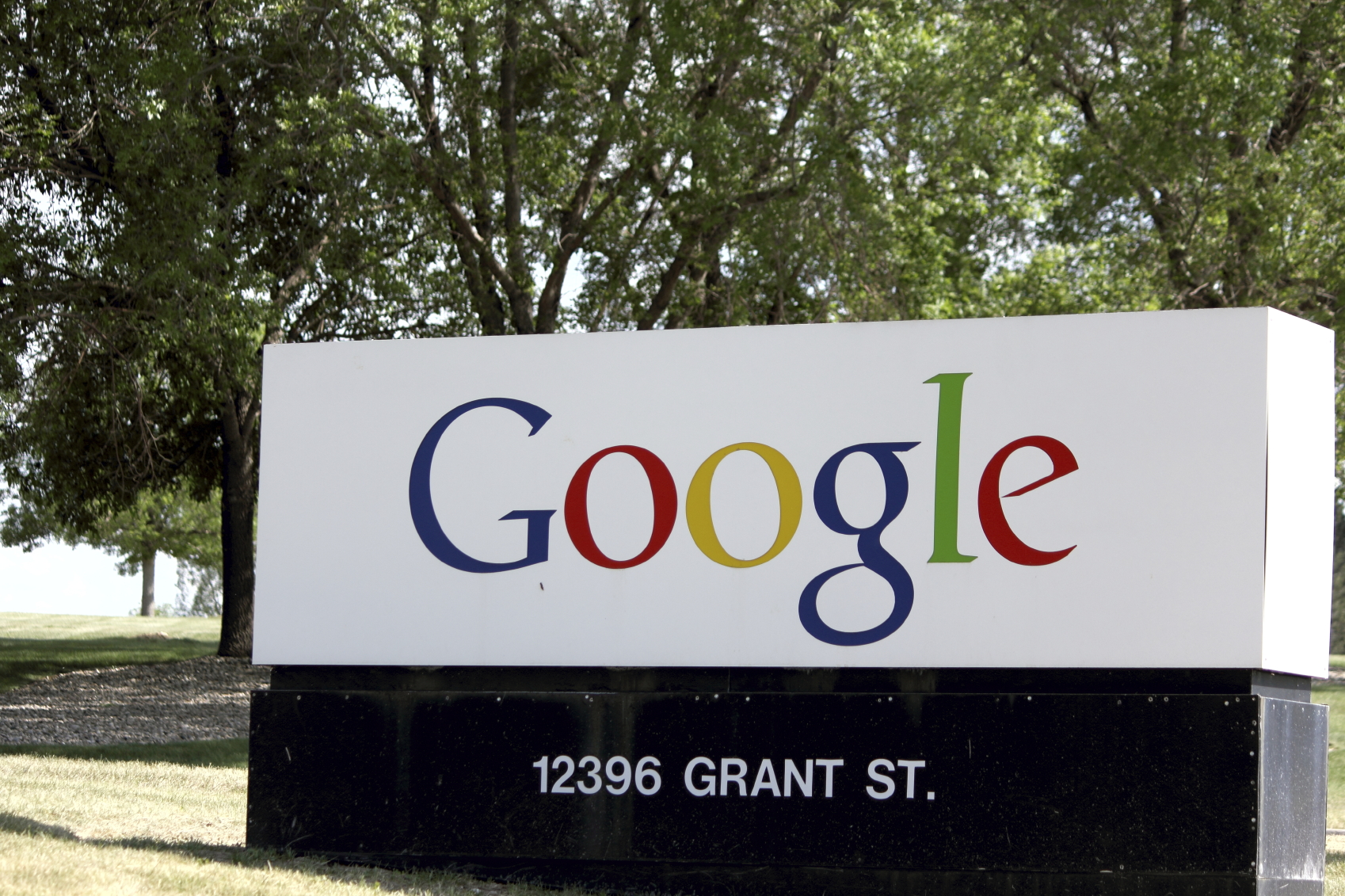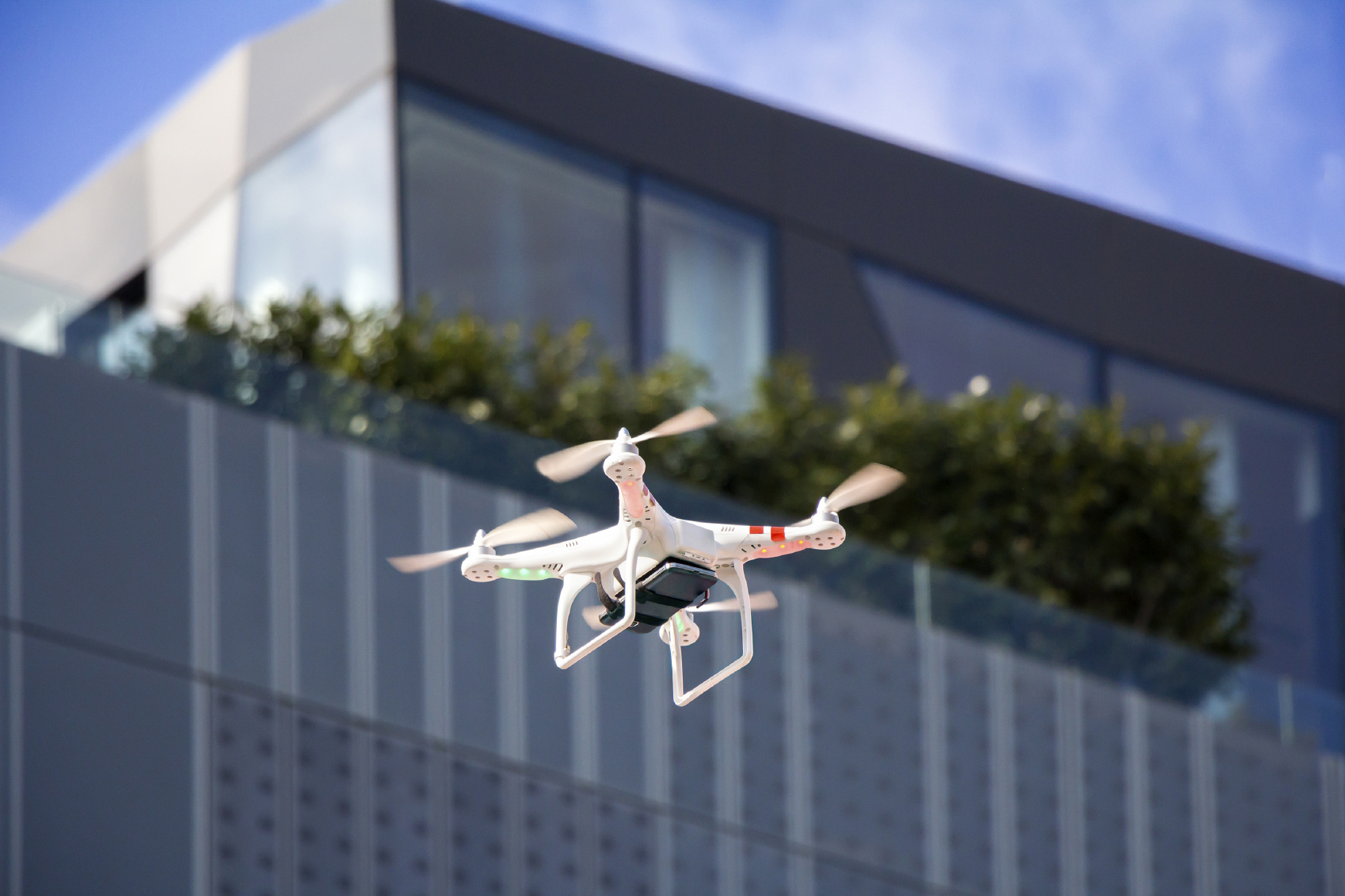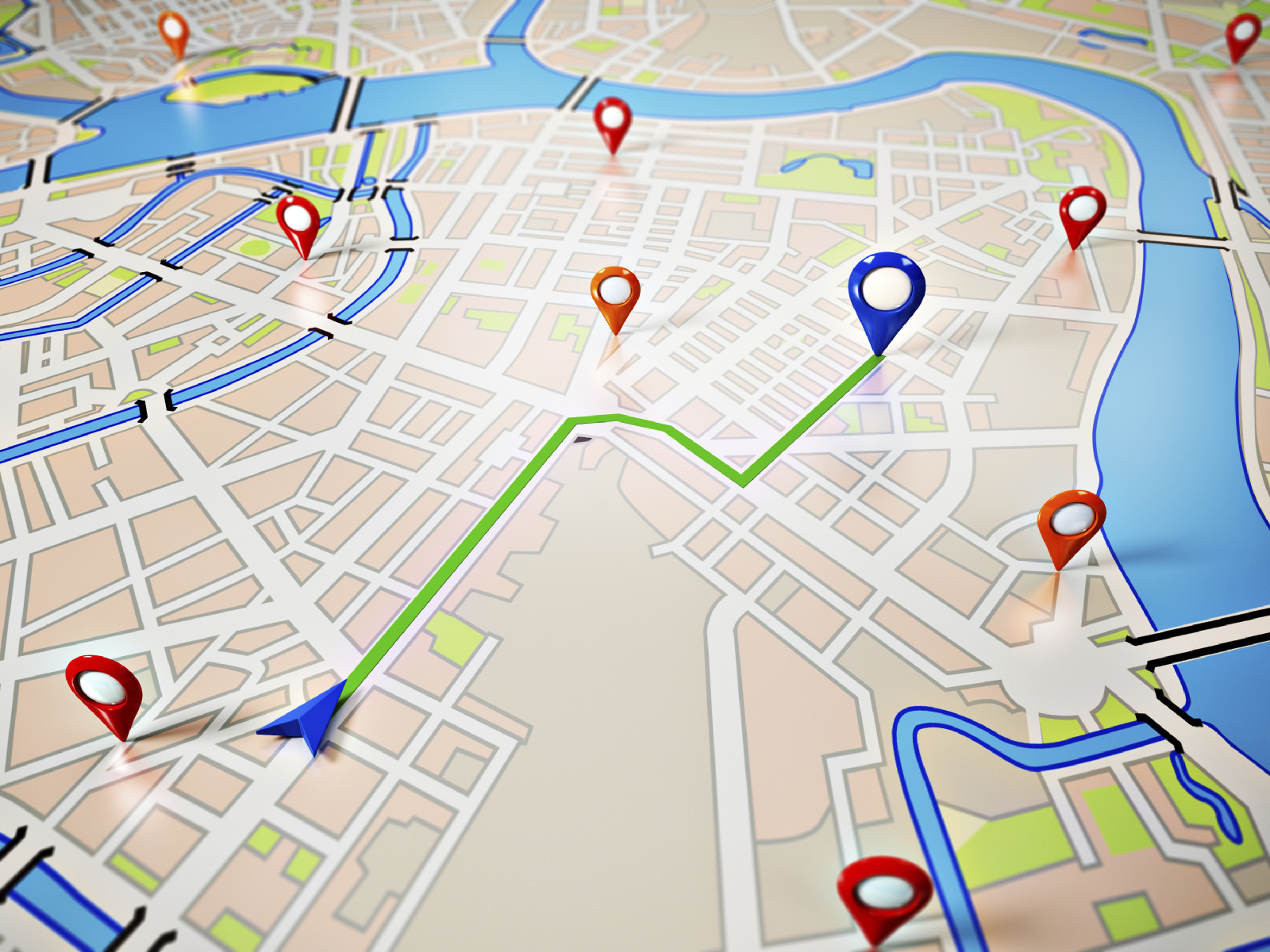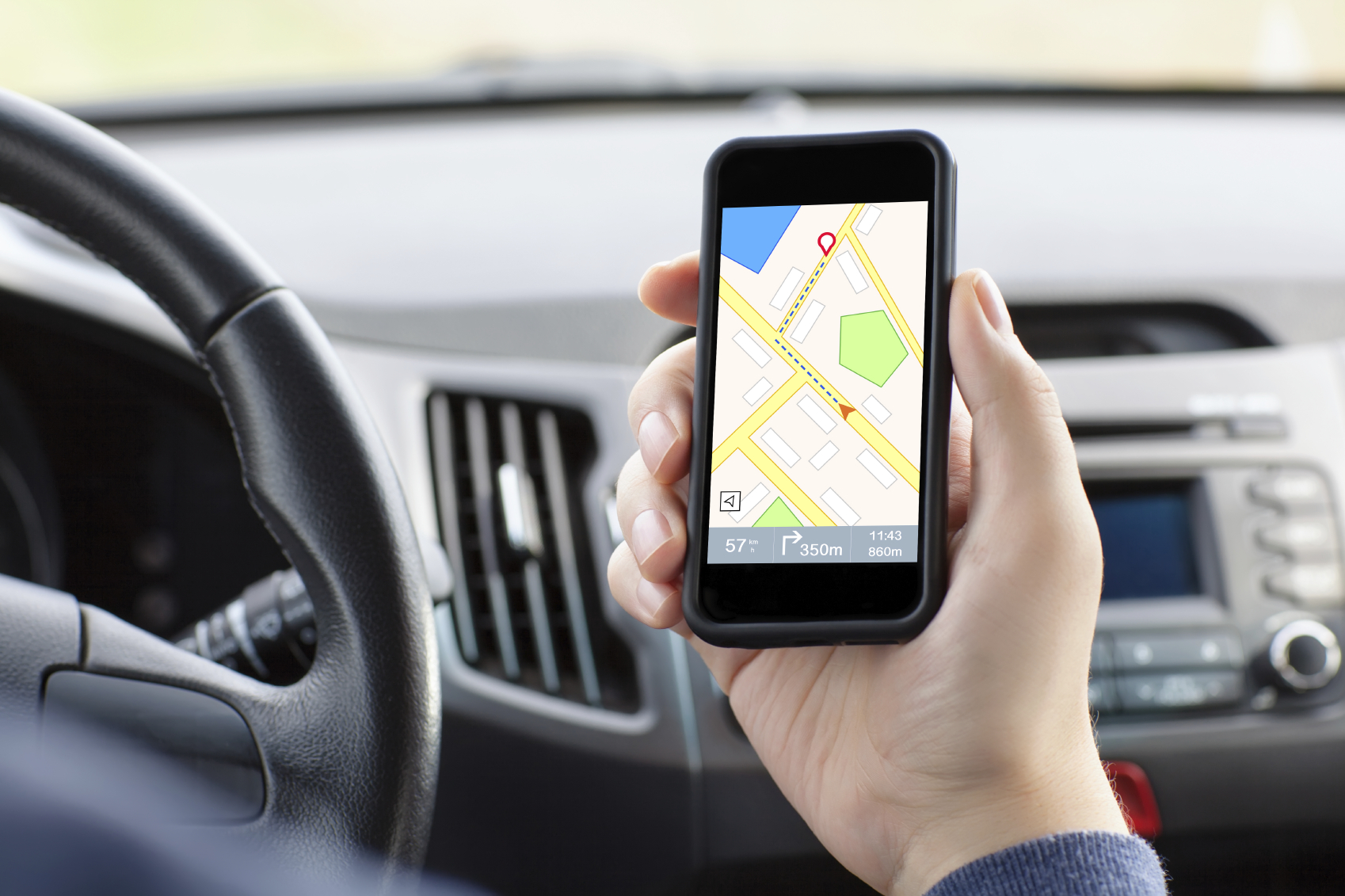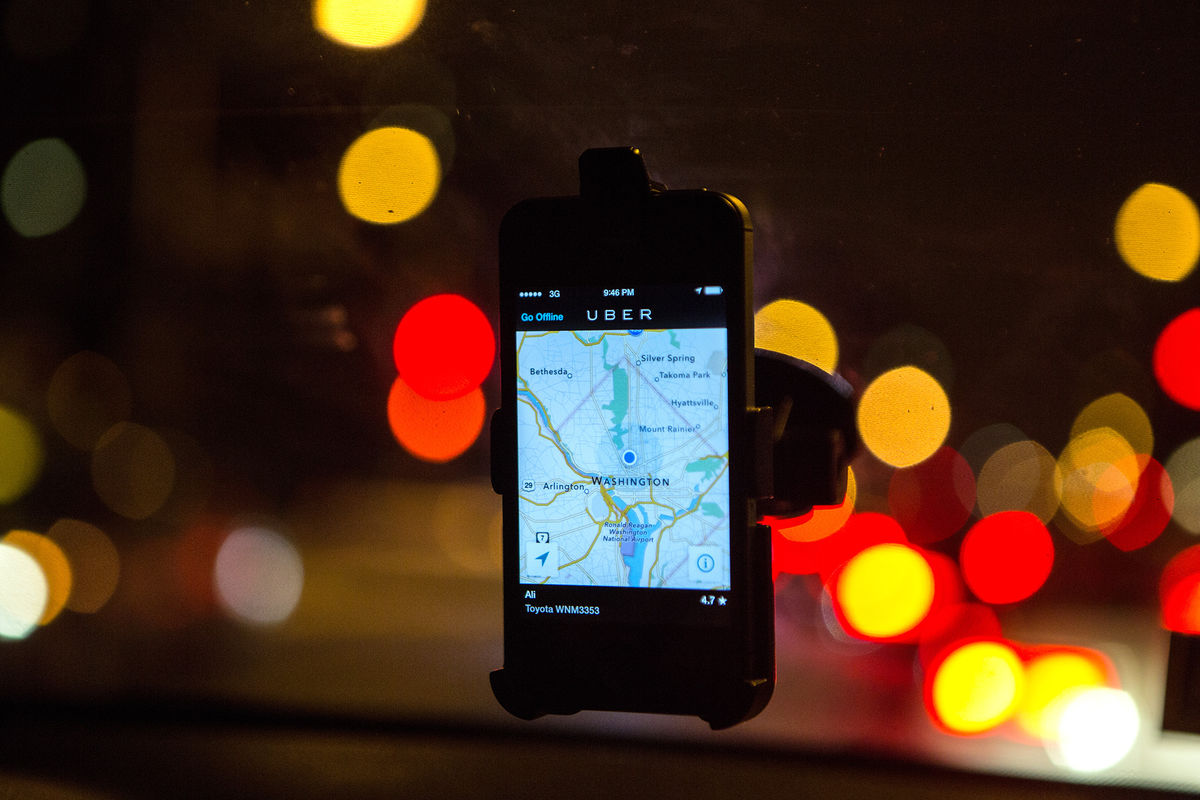Read original story on: USA Today
On Wednesday, Google released new search data highlighting the surge of localized searches. The report shows that Google’s location-specific “near me” searches have increased 34 times since 2011, and have nearly doubled in the past year alone. The vast majority of these local searches—80% in the last quarter of 2014—come from mobile devices, cementing mobile’s dominant position in the hyperlocal market.
Moreover, the “here and now” immediacy of hyperlocal searches is great at moving consumers down the sales funnel. Half the consumers who conduct a local search visit a store within that day, with 18% of them making a purchase. Among people who are looking for places to dine out, nearly half of them—and 60% of millennials—search for nearby restaurants within an hour of going.

